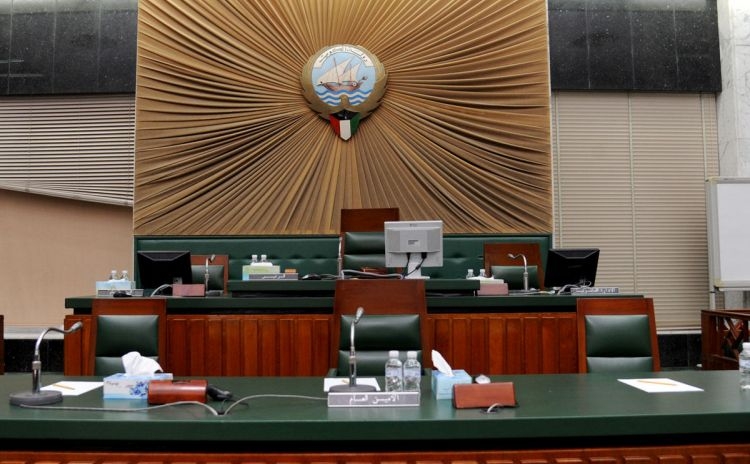Ten-member Municipal Council elected
Kuwait Published on: 13 May, 2018 @ 8:34 AM
Chairman of the electoral committee Justice Essam Al-Saddani said the municipal elections have been held in free and democratic atmospheres that reflected the civilized nature of Kuwait.
Announcing the results of the Municipal Council Elections 2018 on Saturday night, he said the ten winning candidates are as follows:
Hassan Kamal won 2,099 votes out of 17,997 eligible voters in the first constituency.
Abdullah Al-Mehri won 3,550 votes out of 24,537 eligible voters in the second constituency.
Abdulaziz Al-Mejel won 1,985 votes out of 30,651 eligible voters in the third constituency.
Hamad Al-Medlej got 4,108 votes out of 75,560 eligible voters in the fourth constituency.
Abdullah Al-Roumi won 5,336 votes out of 36,722 eligible voters in the fifth constituency.
Fheid Al-Rashidi won 7,329 votes out of 50,247 eligible voters in the sixth constituency.
Mohammad Al-Mutairi won 8,480 votes out of 58,479 eligible voters in the seventh constituency.
Ahmad Al-Enezi won 8,109 votes out of 77,614 eligible voters in the eighth constituency.
Ali Al-Azmi won 8,702 votes out of 70,277 eligible voters in the ninth constituency.
Hamdi Al-Azmi got 10,755 votes out of 78,552 eligible voters in the 10th constituency.
A total of 73 candidates, including one female, stood for the elections that ran smoothly and orderly at 102 polling stations countrywide.
As posted on Gulf News
Around 520,000 Kuwaitis are scheduled to head to the polls on Saturday to elect their new Municipal Council.
A total of 67 candidates will be vying for the 10 seats on the council decided by the vote while six other seats will be allocated by the government.
Initially 73 people signed up to run, but, later, seven pulled out for various reasons while six were barred from running after the election committee found they dod not fulfil the required conditions to be elected because they were allegedly implicated in cases involving bounced cheques, and other felonies and abuses.
The six candidates challenged the ban and on Thursday, the Court of Cassation reinstated them, dismissing the grounds used not to let them run.
Although the number of women voters is higher than of men — 271,577 as compared to 248,590 — the chances for Fatima Al Rasheedi, the only woman who is running in the elections, seem to be thin due to the conservative mindset dominating in polls in Kuwait.
Although Kuwait typically has low female representation, this year marks a sharp decrease from the last election in 2013, when four women registered to run.
In June 2005, the cabinet appointed two women to the council for the first time in the country’s history.
The appointment was in the aftermath of Kuwait’s parliament voting in May 2005 to allow women to vote and run in parliamentary and municipal elections.
The parliament has only one female lawmaker in the 50-seat national assembly.
One hundred and two schools were turned into polling stations on Saturday, 51 each for male and female voters.
Each voter is entitled to cast a ballot for a single candidate, registered in his or her constituency. Under Kuwait’s rules, candidates must have an academic degree.
The council elects its own chairman and vice-chairman.
The outgoing council was dissolved in October and an interim committee was tasked with carrying out its duties until the elections.
Like










Be the first to post a comment!